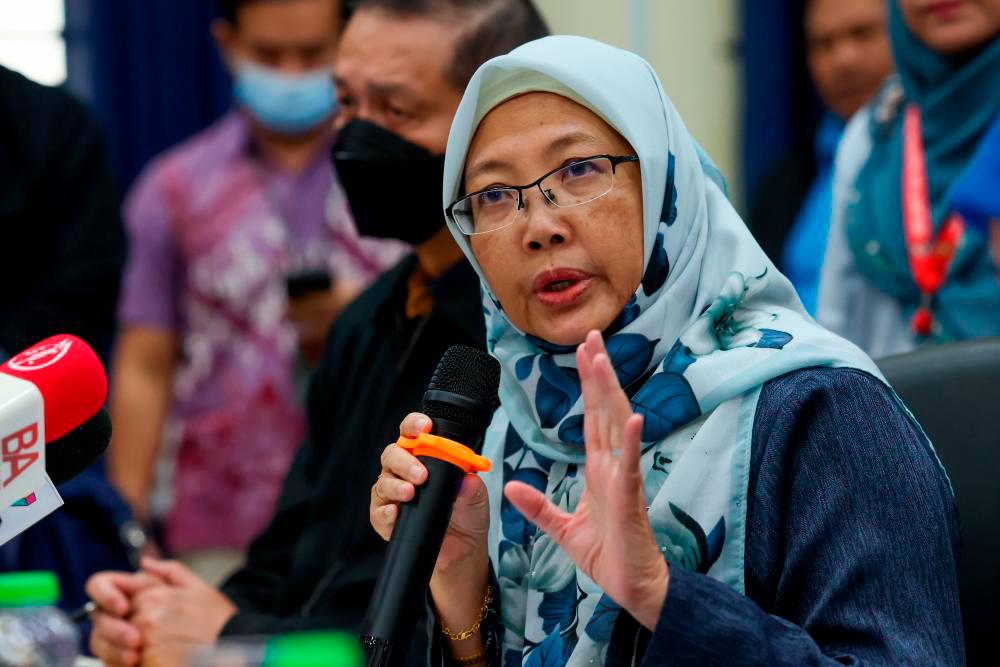RECENTLY, Health Minister Dr Zaliha Mustafa highlighted in the media that four out of five teenagers are physically unfit. These numbers are alarming.
Children who are not physically active are more likely at risk to develop cardiovascular or chronic diseases as well as psychological issues.
Children need to be encouraged to exercise daily to maintain a healthy weight and prevent non-communicable diseases later in life.
In today’s society, it is evident that both parents are often working to sustain their families due to the increasing cost of living.
As a result, children’s recreational activities and physical fitness aspects are being overlooked or neglected. Parents should motivate their children to participate in sports at school.
The Covid-19 pandemic can be attributed as a factor behind children’s inactive lifestyle over the past three years. However, it is only now that children are beginning to engage in sports activities again.
Physical activity offers a wide range of benefits with long-lasting effects. Engaging in regular physical activity helps in the development and maintenance of healthy bones, muscles, and joints.
It also promotes a healthy body mass index and lowers the risk of conditions, such as diabetes, high blood pressure and heart disease later in life.
According to a report in America, children who participate in sports demonstrate higher self-esteem and lower levels of depression and loneliness compared with their peers who do not engage in sports.
Physical activity and sports are good for children in boosting their mental health.
Physical trainers have an important role in assisting children with proper exercise routines to maintain their fitness.
Numerous sports programmes are available for children to improve their interpersonal skills, which can positively impact their mental health.
These activities aid in managing emotions, resolving conflicts, problem-solving, overcoming adversity and learning the importance of seeking help when needed. Such experiences enable children to develop and flourish.
There is a pressing need to revamp physical education in our schools. Regular assessments of children’s fitness levels should be conducted and an annual report should be generated. This report can then be shared with parents, enabling them to monitor and assess their children’s health and well-being.
Exercise and a balanced diet will ensure that children stay healthy.
Parents have a crucial role in instilling healthy habits in their children from an early age to prevent them from leading sedentary lifestyles.
They should be prevented from excessive use of smartphones and computer games.
By encouraging physical activity and discouraging unhealthy food choices, such as fast food and sugary drinks, parents can help prevent obesity and promote their children’s overall well-being.
C. Sathasivam Sitheravellu
Seremban









